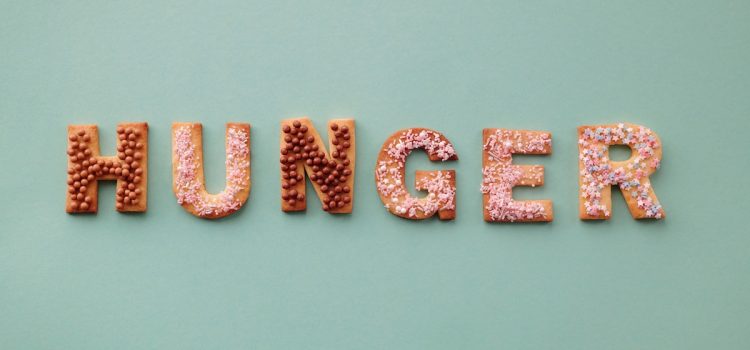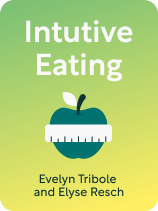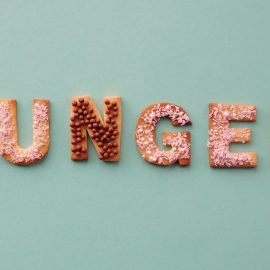

This article is an excerpt from the Shortform book guide to "Intuitive Eating" by Evelyn Tribole and Elyse Resch. Shortform has the world's best summaries and analyses of books you should be reading.
Like this article? Sign up for a free trial here.
Do you ever ignore hunger cues? How do certain diets prevent you from getting the required nutritional needs?
Intuitive Eating by Evelyn Tribole and Elyse Resch says that the combined effect of harmful body image, weight gain from cravings, and self-judgment disrupt your ability to listen to your body’s cues. This will prevent you from fulfilling your body’s nutritional needs.
Discover how ignoring hunger cues leads to unhealthy eating practices.
Diets Disrupt Bodily Awareness and Nutritional Needs
The authors explain that a negative body image and lack of self-acceptance can make you mistrust your body’s natural signals—because if your body is unacceptable, it can’t be trusted to provide accurate information about what it needs. This mistrust in your body’s signals may lead you to rely on rigid dietary guidelines that emphasize external measures, such as calorie counting or portion control, rather than internal measures such as hunger cues or energy levels.
(Shortform note: Research supports the theory that negative body image hinders awareness of internal cues, suggesting that it might be due to the way the brain learns to prioritize information. In a study measuring body image assessments alongside brain responses to gut and heart signals, participants with greater body shame and weight preoccupation exhibited weaker brain responses to internal signals and stronger responses to external signals. These results could be due to two interdependent factors: First, less awareness of internal cues may divert your brain’s attention to external appearance. Second, habitually focusing on external appearance may train your brain to prioritize how you look to others over how you feel about yourself.)
However, following rigid dietary guidelines disrupts your body’s ability to provide reliable hunger and fullness signals by causing intense cravings for foods that your body doesn’t require, often resulting in episodes of overeating forbidden foods. This can reinforce your inclination to override your body’s cues because it’s telling you to eat foods that don’t support a “good” body image.
Simultaneously, the self-judgment and self-blame triggered by deviating from dietary guidelines add another layer of emotional distress about your eating choices. This emotional distress, combined with intense cravings, initiates another cycle of restrictive eating, further disconnecting you from accurately discerning and responding to your body’s nutritional needs.
As a result, you may find yourself consuming food that doesn’t satisfy you or meet your body’s requirements. This lack of attunement can lead to ongoing struggles with cravings, weight fluctuations, and an overall sense of dissatisfaction with your eating experiences.
| “Nutritionism” and Diet Confusion Michael Pollan (In Defense of Food) offers additional insights into why many people struggle to tune in to their body’s cues. He says that when people began looking to medical experts to guide how they eat, they lost touch with traditions that once guided them to naturally eat well. Pollan explains that the doctrine of “nutritionism,” or looking for the magic nutrient-based solution to health problems, produced conflicting views about what foods are healthy. This is because such research focuses on nutrients rather than the whole-food contexts in which they exist. Since studies have started suggesting that certain nutrients are problematic instead of certain foods, we’ve had trends such as the low-fat era, the anti-cholesterol era, the anti-carb era, and so on—and oddities like low-fat ice cream. Like Tribole and Resch, Pollan stresses that so long as we allow external influences such as science, the government, or media to tell us what to eat, we’ll remain confused about diets and nutrition and won’t know what’s best for our bodies. |

———End of Preview———
Like what you just read? Read the rest of the world's best book summary and analysis of Evelyn Tribole and Elyse Resch's "Intuitive Eating" at Shortform.
Here's what you'll find in our full Intuitive Eating summary:
- Why eating is often associated with guilt, shame, and fear
- How diets damage your relationship with food
- Ways to cultivate a healthy relationship with food






